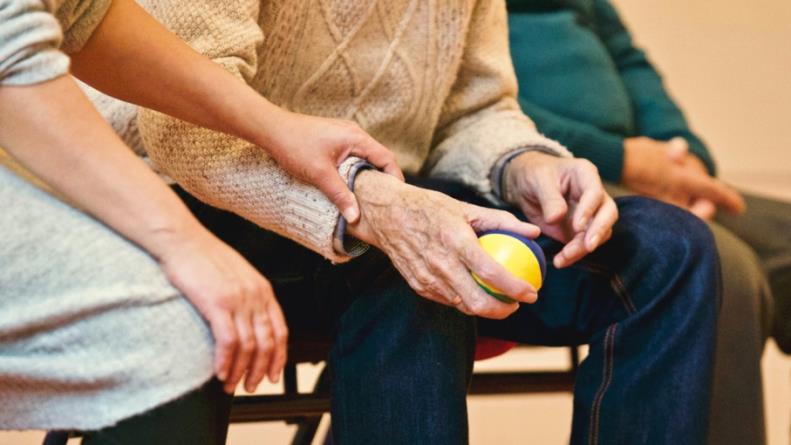
The coronavirus pandemic has revealed that the sources of religious support for many Americans are less focused on clergy and more on chaplains and more unconventional spiritual-care providers, according to sociologist Wendy Cadge writing in the Atlantic magazine (May 17, 2020). Cadge cites a survey conducted last year showing that 21 percent of Americans reported having contact with a chaplain in the previous two years, mostly through health-care organizations. More than other religious professionals, “chaplains name death for individuals and organizations in our death-phobic society,” she adds. In interviews with 65 chaplains in the Boston area, Cadge found that dealing with death is what unifies these religious professionals “across sectors and distinguishes them from social workers and others they work alongside.”
Both the numbers of theological schools offering chaplaincy programs and the enrollment for such training is increasing. She finds that there is a growing diversification in the ranks of chaplains—from those partnering with social service organizations to newly created chaplaincy positions in veterinary. The Faith Matters Network in  Nashville, TN, recently launched training program for chaplains working with social movements. She concludes that the “chaplains at the doors ICU rooms are whispering prayers, connecting the ill to family members through FaceTime, and, when someone dies, supporting the next of kin by phone. Chaplains usually do this work quietly, around the margins. But with the pandemic, their work has moved to the center of American religious experience.”
Nashville, TN, recently launched training program for chaplains working with social movements. She concludes that the “chaplains at the doors ICU rooms are whispering prayers, connecting the ill to family members through FaceTime, and, when someone dies, supporting the next of kin by phone. Chaplains usually do this work quietly, around the margins. But with the pandemic, their work has moved to the center of American religious experience.”